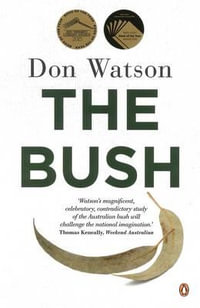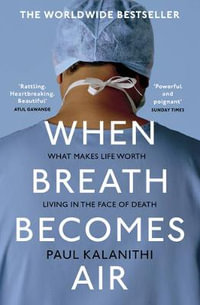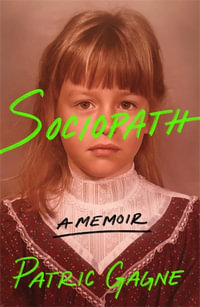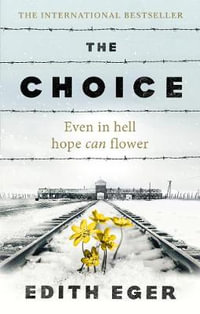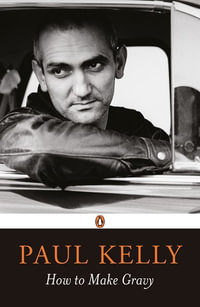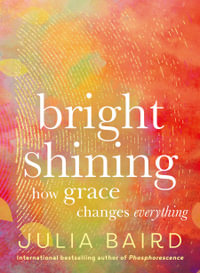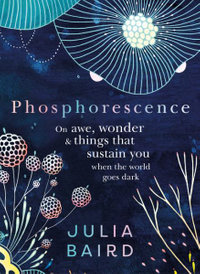The future flashed before my eyes in all its pre-ordained banality. Embarrassment, at first, to the exclusion of all other feelings. But embarrassment curled at the edges with a weariness …
I got a joke in.
'So – we'd better get cooking the meth,' I said to the Poet.
In August 2014, Jenny Diski was diagnosed with inoperable lung cancer and given 'two or three years' to live. She didn't know how to react. All responses felt scripted, laden with cliché. Being a writer, she decided to write about it (grappling with the unoriginality even of this), and also to tell a story she has not yet told: that of being taken in, aged fifteen, by the author Doris Lessing, and the subsequent fifty years of their complex relationship.
In September 2014 Jenny Diski began writing in the London Review of Books, describing her experience of living with terminal cancer, examining her life and history with Doris Lessing: the fairy-tale rescue from 'the bin' as a teenager, the difficulties of being absorbed into an unfamiliar family and the influence this had on her. Swooping from one memory to the next – alighting on the hysterical battlefield of her parental home, her expulsion from school, stacking shelves in Banbury and the drug-taking twenty-something in and out of psychiatric hospitals, Diski paints a portrait of two extraordinary writers – Lessing and herself.
From one of our most original voices comes a book like no other: a cerebral, witty, dazzlingly candid masterpiece about an uneasy relationship; about memory and writing, ingratitude and anger; about living with illness and facing death.
About the Author
Jenny Diski was born in 1947 in London, where she lived most of her life. She was the author of ten novels, four books of travel and memoir, including Stranger on a Train and Skating to Antarctica, two volumes of essays and a collection of short stories. Her journalism appeared in publications including the Mail on Sunday, the Observer and the London Review of Books, to which she contributed more than two hundred articles over twenty-five years.
Industry Reviews
Jenny's pain and fury are still hot in this fascinating but uncomfortable read ... Clear-sighted, defiant and written with Diski's customary furious elegance, it is a remarkable last word from a writer who survived to live and love, almost despite herself * Jane Shilling, Daily Mail *
Nothing about Jenny Diski is conventional. Diski does not do linear, or normal, or boring ... In Gratitude amounts to the inner monologue of a highly intelligent, furiously funny, traumatised woman, "trembling at the prospect of extinction" ... She cannot be subsumed into the wider narrative or by Lessing. In Gratitude assures Diski the last word * Helen Davies, Sunday Times *
One of the most inventive, original and disturbing writers of her generation * Daily Telegraph *
Remarkable ... Honest and spirited ... As the scenes of her traumatic and chaotic childhood pass she reminds us, sentence by sentence, not only that she emerged to become every bit the writer she always dreamed of being, but also that, despite everything, along the way she learned a great deal about love * Tim Adams, Observer *
A different kind of cancer memoir, and an almost entirely platitude-free one ... plain-spoken, harrowing and invariably moving ... The details are incisive, and she stacks them carefully ... There's a raw, almost feral quality to Ms. Diski's writing about cowering in Lessing's long shadow. It's a trait she brought to so much of her writing. It's just like her to leave us a title, In Gratitude, that slowly sheds its softness and sends up a mischievous flare * Dwight Garner, New York Times *
As a study of influence and the monstrous egos of writers, In Gratitude is up there with Thomas de Quincey's account of Wordsworth and Paul Theroux's tale of befriending V S Naipaul ... But Diski has always been a badass ... The tone of In Gratitude is, accordingly, cocky and belligerent ... It is the combination of entitlement and indifference to opinion that gives Diski's voice its serrated edge and makes her such a savagely good recorder of herself. Read me if you like, she implies in In Gratitude, but you don't have to like what you read * Frances Wilson, Daily Telegraph *
Diski's line is simple: 'I want to die easily.' This deeply human wish bears no resemblance to the rich messiness of Diski's life, nor the challenging delight of her writing * Kate Wormersley, Spectator *
My favourite reading this year -- Blake Morrison
She deserves our unfeigned admiration, not for her bravery or her struggle, or any irrelevant tosh like that, but for writing so well * Guardian *
A marvel of steady and dispassionate self-revelation ... Bracingly devoid of sententiousness, sentimentality or any kind of spiritual urge or twitch * New York Times *
A suberb, original and unsentimental writer * Guardian Summer Reading *
In Gratitude reminds us what pleasure, what company and nourishment there is in just thinking, especially if you do it well, as she does here -- Anne Enright * Irish Times *




